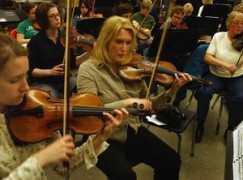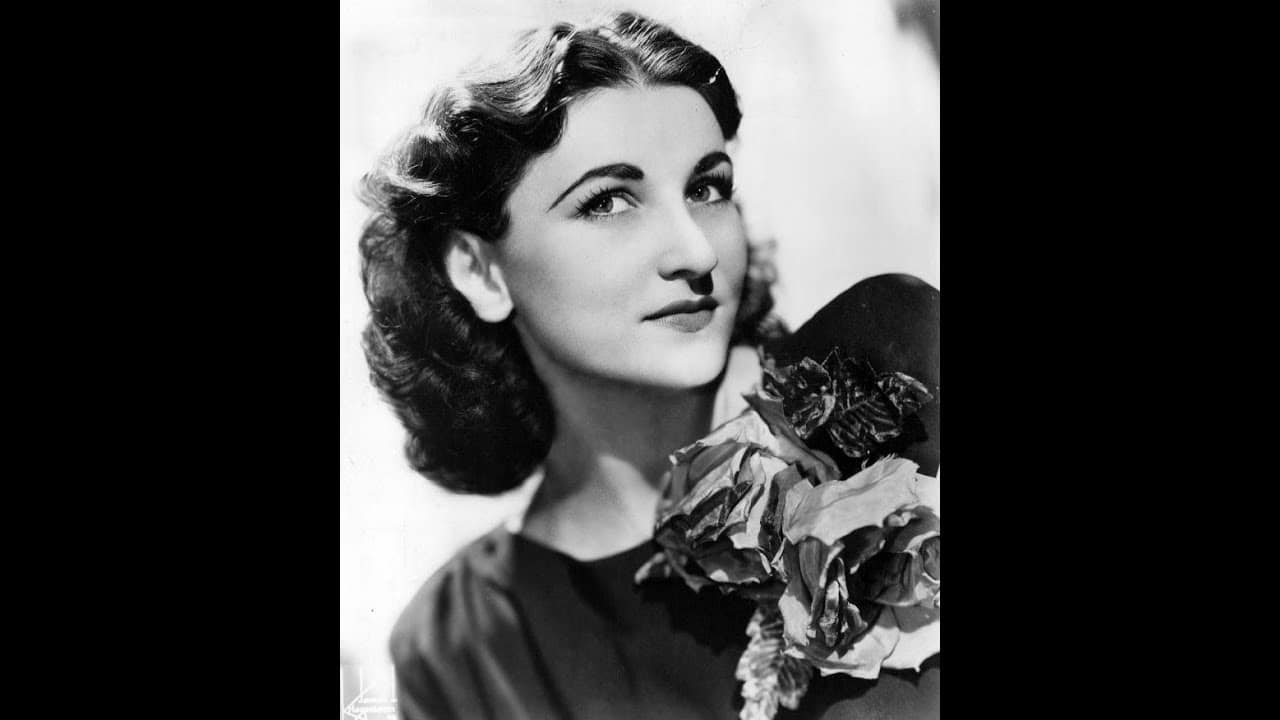Women are heading for a majority in German orchestras
NewsThat’s the headline take on a new survey in Das Orchester magazine (print subscription only) on the changing gender balance among 9,884 musicians employed in Germany’s 129 public-funded concert and opera orchestras.
The small print shows a less agreeable picture.
Only 21 percent of principal and senior posts in the orchestras are held by women.
There are more women (62.6 percent) in the second violins than in the firsts (59.1%).
Harp posts are 93.7% female. The next highest is 65.4% on flute.
But there are still sections of the orchestra where women are distinctly unwelcome. Tuba is 98.1% male, trombone 95.4%, percussion 95.4&, trumpet 94.7%.
Equality is a work in progress.






Comments